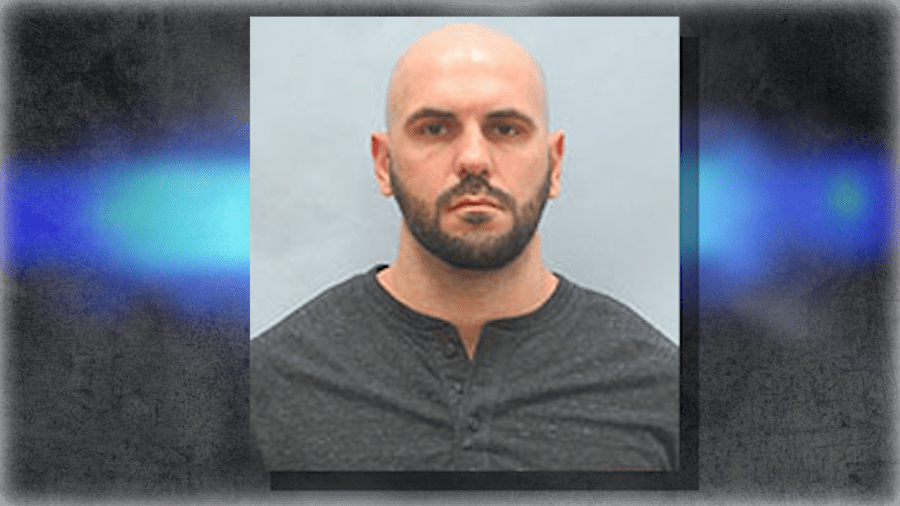TAMPA, Fla. (WFLA) – The last time Richard Crook could move without a wheel chair, he was riding his bike on Bruce B. Downs Boulevard in Tampa.
“It’s hard to think about,” Crook said. “I still fight it every day.”
That was 13 years ago.
“I don’t remember any honks, horns, screeches of tires,” Crook said. “Nothing.”
32 days later, Crook, now 63, woke in the hospital. He has been in a wheelchair ever since.

Gerald Selke, now 37, would later plead guilty to leaving the scene of a crash and DUI with serious bodily injury.
Selke served four years in prison and according to court documents, he was ordered to pay $761,000 in restitution for Crook’s medical expenses. Selke was ordered to pay $2 million in another court order tied to the case.
“290 dollars,” Crook said when asked how much he has received. “My last payment was two $10 money orders and it cost me $6 to cash that.”
Selke claims he has paid Crook more than $290 but did not provide an amount.
“Even when I had nothing, I tried to send him something,” Selke said. “I still don’t have anything. I’m still struggling.”
Martin County Clerk and Comptroller Carolyn Timmann has been part of a statewide effort to examine the process of tracking and accounting for restitution.
Timmann said when a prisoner is in custody restitution is tracked by the Department of Corrections. Once they’re free it’s up to the victim.
“If they want to hire an agency or a lawyer to collect that for them that is up to the victim,” Timmann said. “And there’s no doubt some might give up. We also have restitution on fraud cases. Unfortunately, that doesn’t get paid far too often.”
Timmann is a spokesperson for Amendment 10 which includes a provision to protect the right to vote. A 2019 report by the Restoration of Voting Rights work group recommended enhancing the Clerk of Court’s accounting system by category, including restitution.
The goal is to help recently released inmates prove they paid restitution and fines in order to vote.
Those changes would not put any teeth in the law to help someone like Crook collect.
He said he has given up on getting any more from Selke but said even small amounts of cash would’ve helped him.
“It would help out with my electric bill,” Crook said.
As far as why a judge would set a restitution order higher than someone can pay, Timmann said it is tied to potential future earnings.
“If someone comes into an inheritance, a sudden gain, even a lottery win,” Timmann said. “A civil lien can be attached to that.”






